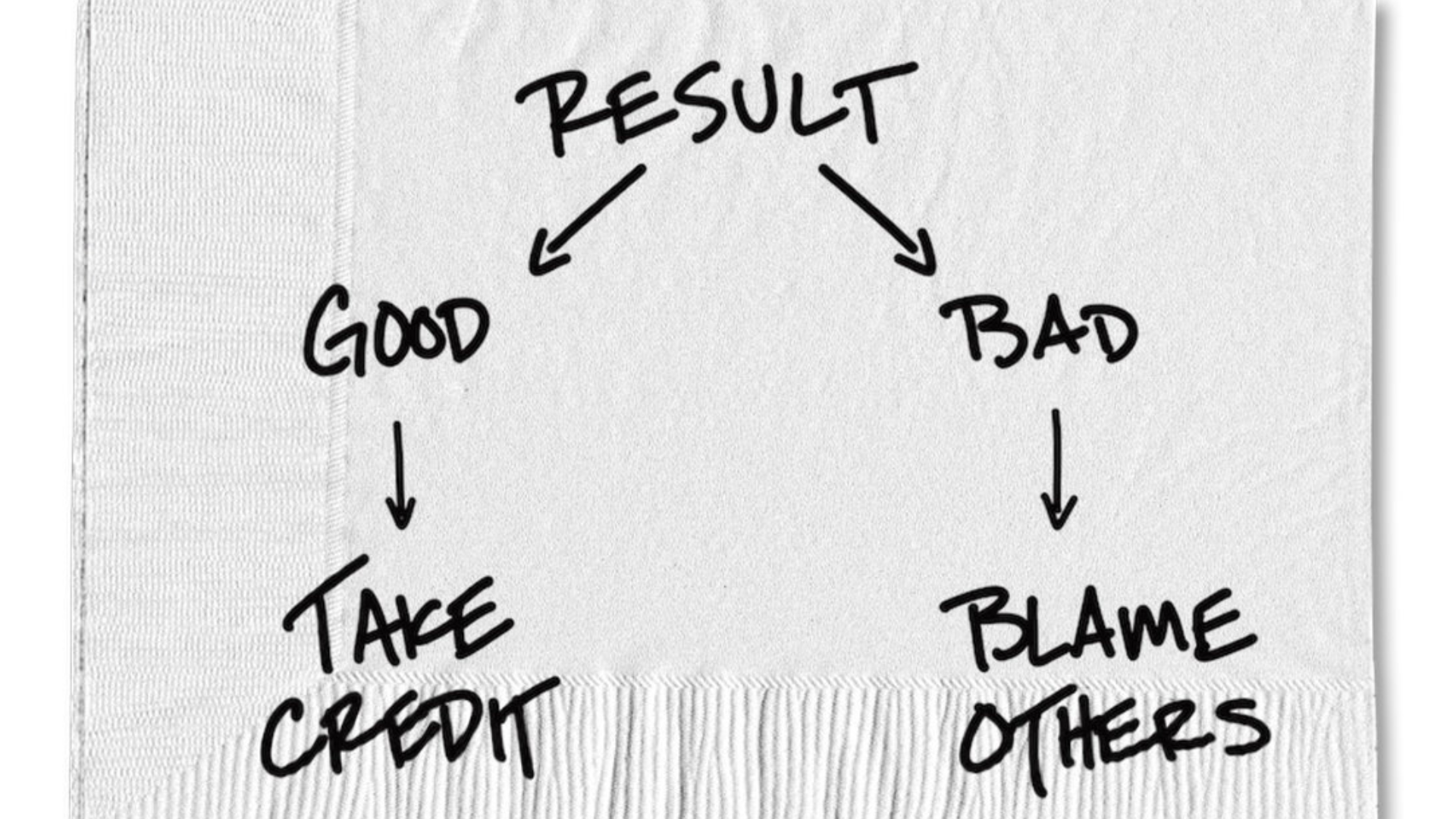Unpacking the Psychology of Self-Serving Bias
Why We Take Credit for Wins but Blame Others for Losses
Have you ever aced a test and thought, “Wow, I’m so smart!”—but when things didn’t go so well, immediately blamed the test or the teacher? That’s self-serving bias in action! It’s a common psychological tendency where we take credit for our successes but blame failures on outside factors. Whilst it helps protect our self-esteem, it can also stop us from learning and growing.
Why Do We Fall Into the Trap of Self-Serving Bias?
Self-serving bias is all about protecting our self-esteem. As humans, we love to feel good about ourselves, and this bias helps us do just that. When we succeed, it feels amazing to think it’s all because of our hard work or talent. On the flip side, blaming failures on things beyond our control saves us from feeling inadequate. Let’s look at some scenarios of self-serving bias.
The Impact of Self-Serving Bias
Self-serving bias can actually hold you back in some pretty important ways. Here’s how:
1. Blaming Others
By consistently blaming others or outside circumstances, you can damage your relationships and avoid taking responsibility for your own actions. It might feel easier to shift the blame, but it won’t help you improve.
2. Missed Opportunities
When you avoid owning up to mistakes, you miss out on valuable opportunities to learn and grow. If you’re always looking for someone or something else to blame, you won’t push yourself to overcome challenges.
3. Unrealistic Expectations
If you always take credit for successes, you may start to expect perfection from yourself. When things eventually go wrong (and they will), you could be in for a big disappointment.
How to Overcome Self-Serving Bias
Luckily, you can break free from the self-serving bias trap with some simple strategies. Here’s how:
1. Challenge Your Thoughts
When you succeed, ask yourself, “Was this entirely my doing, or did I get help along the way?” Similarly, when you fail, think about what you could have done differently.
2. Seek Feedback
Get an outside perspective. Ask friends, family, or colleagues for feedback on your actions and performance. They can offer insights you might not see yourself.
3. Focus on Learning
Shift your mindset. Instead of viewing failure as something to avoid at all costs, see it as a learning opportunity. The more you learn from your mistakes, the less power self-serving bias will have over you.
4. Practice Gratitude
Celebrate your successes, but don’t hog all the credit. Acknowledge the help and support you received from others. This will make you more grounded and realistic about your achievements.
It’s Okay to Make Mistakes!
Everyone experiences self-serving bias from time to time. It’s human nature! But recognising it is the first step toward personal growth. By taking responsibility for your failures and appreciating the role others play in your successes, you can grow more resilient, learn valuable lessons, and develop confidence based on real achievements—not just your own biassed perspective.


